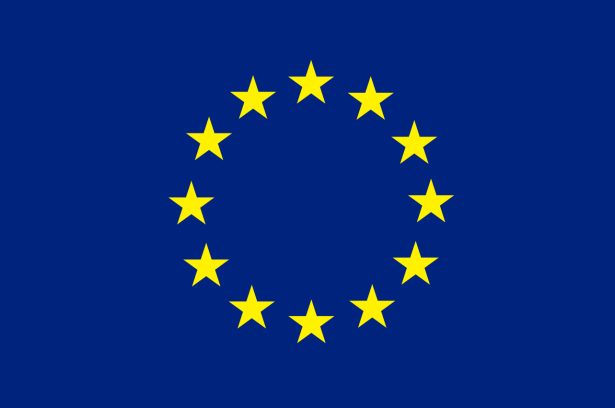The study and review of both historical and present-day collections is one of the Museum’s priority projects, as it is the only way of ascertaining both the scientific and patrimonial value of the heritage preserved by the institution. Collection reviews, which are carried out both within the Museum’s facilities and through scientific loans, often take years and involve numerous specialists. As a result of these exhaustive revisions, catalogues of families, subfamilies and/or genera, descriptions of new taxa, type designations, and new biogeographic data, are published (see publications section).
In addition, the Arthropods Department works in close collaboration with technicians from several natural areas and parks, as well as with research groups from other museums, universities or other type of taxonomic facilities, in order to participate in active monitoring of the biodiversity of insects and/or other arthropods both nationally and internationally. Despite the difficulty of having to work with such a large and diverse volume of samples and to coordinate a large number of specialists, this type of study allows the entry of recent samples of high scientific and museum value, and to unveil the scientific value of historical collections. Likewise, the data derived from their study can be of great use when it comes to design or revise biodiversity management and conservation policies in different natural areas and parks.
Research projects
-
INC-STEP - Instigating a National Reference Collection for Spain's Threatened Pollinators
- Year
- 2024
- Supported
- Eropean Union (Horizon IA - Innovation Action)
- Duration
- 22 months
The TETTRIs Project (EU – Horizon IA program) was born as a contribution of the taxonomic community gathered around CETAF to provide knowledge, systems and services to tackle biodiversity loss. The INC-STEP, a Third Party Project (3PP) funded under the TETTRIs program, is coordinated by a consortium of five Spanish institutions: MCNC-CSIC, UNAV, UCM, UV, and MCNB. This 3PP project aims to initiate a national pollinator reference collection for six groups: families Hesperiidae and Papilionidae (Lepidoptera), subfamily Eristalinae (Diptera; Syrphidae), and genera Bombus, Colletes, and Xylocopa (Hymenoptera; Apoidea). The consortium will undertake comprehensive expert taxonomic review for these taxa across five partner institutions; analyse taxonomic and geographic gaps in the five collections and implement innovations to fill these gaps; develop tools to facilitate incorporation of specimens from additional public and private collections; specimen digitisation to create pilot virtual collections; and an interactive online collections map.
More information about the project:

This project has received funding from the European Union’s Horizon Europe Research and Innovation program within the framework of the TETTRIs Project funded under Grant Agreement Nr 101081903.
-
TTCYN: Taxonomy, trophic and evolutionary relationships of gall forming and inquiline gall wasps (Hymenoptera: Cynipidae) in Fagaceae, with special attention to the Nearctic and Neotropics (PID2021-128146NB-I00)
- Year
- 2022
- Supported
- Government of Spain (Ministry of Science, Innovation and Universities) and European Union
- Duration
- 4 years
The Cynipidae are specialized endophytophagous insects that act as gall inducers or as inquilines of galls induced mainly by other cynipids. Traditionally, the Cynipidae have been studied only from a morphological perspective, but the importance of a molecular approach has been growing in recent decades. The Eastern Palaearctic, Nearctic and Neotropics are of special interest, as they include both the ancestral origin of Cynipidae (Eastern Palaearctic) and their highest biodiversity indices (Nearctic, Neotropics). The study of these regions can address two major unresolved evolutionary and systematic processes: the diversification of gall inducers and inquilines. The main objectives of this study are to unravel the internal taxonomy and phylogeny of the tribe Cynipini and the genus Synergus in the Nearctic and the Neotropics, focusing on the Mexican fauna, in order to set the boundaries of different genera; to study the parasitoid communities associated with galls; and to determine trophic relationships between Quercus-Cynipini-Inquilines-Parasitoids.
Web announcement project:https://www.aei.gob.es/convocatorias/buscador-convocatorias/proyectos-generacion-conocimiento-2021


